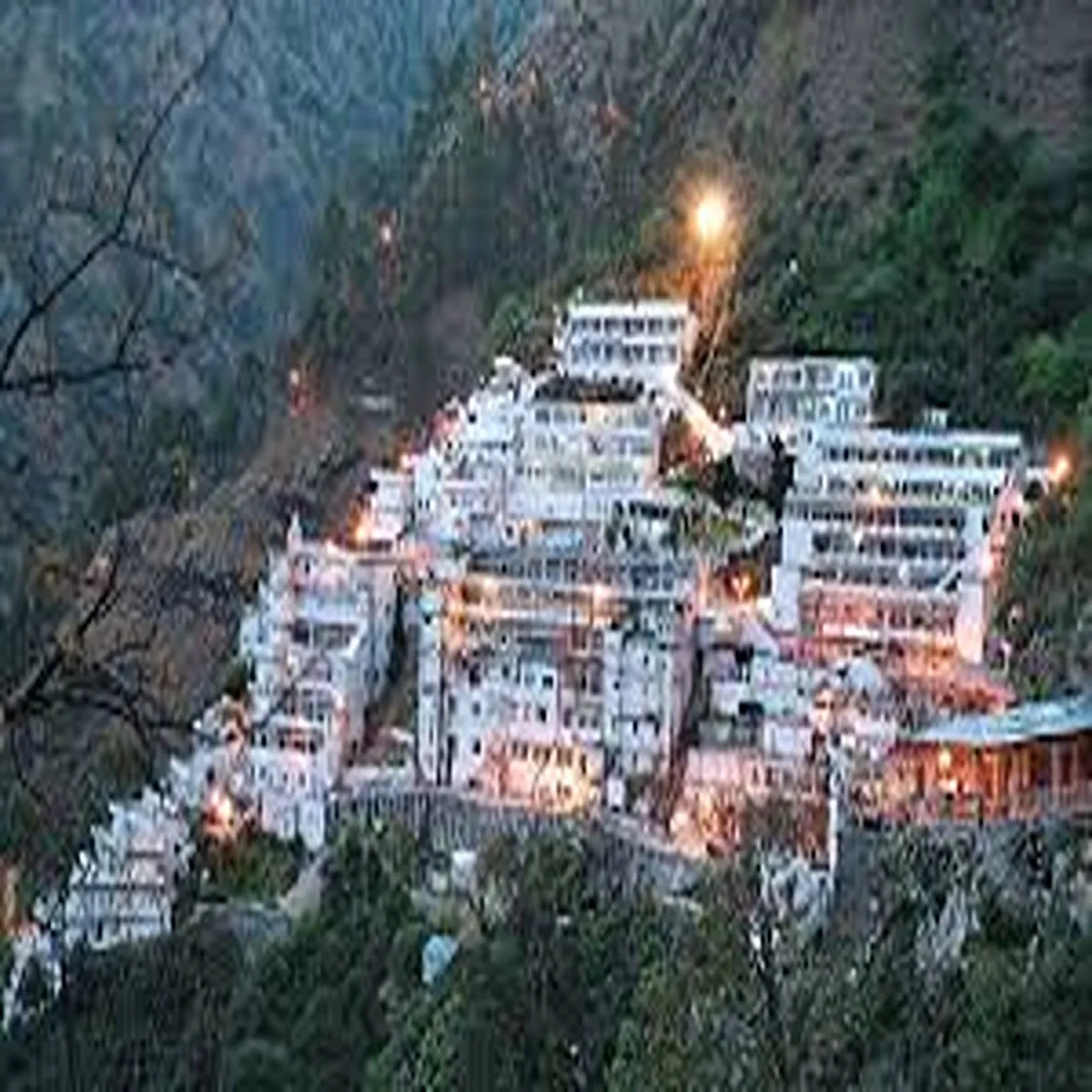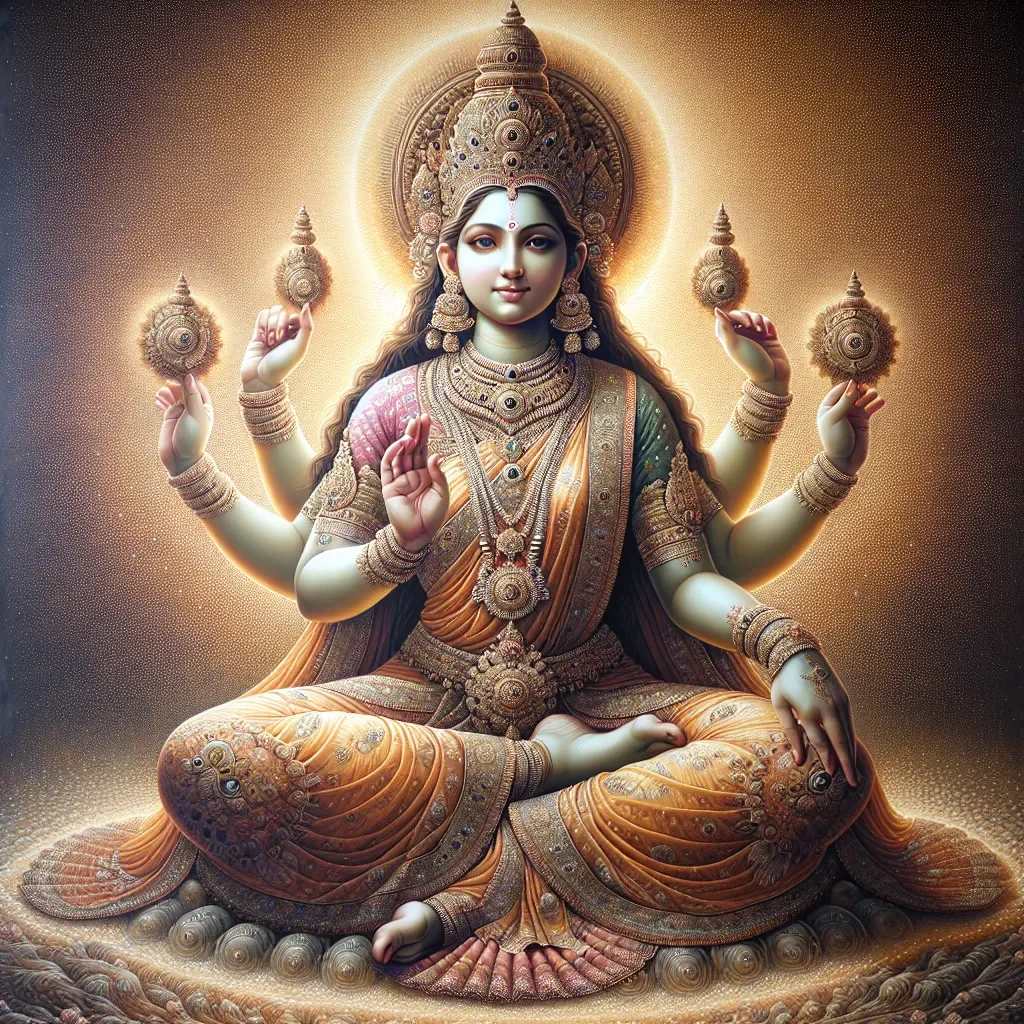Story of Gandhari’s Curse: Why did Gandhari curse the Yaduvansh, know the reason for the sinking of Dwarka city
Story of Gandhari’s Curse: Tales of bravery, dedication, and heartbreaking sorrow abound in the Mahabharata, one of the greatest epics of ancient India. The dramatic and intense story of Gandhari’s curse is one of its many fascinating stories. This pivotal event demonstrates the extent of her sorrow and the far-reaching effects of the Kurukshetra conflict.

Hastinapur’s Queen Gandhari was no typical lady. She was known for her unshakable dedication and inner power, and she was born a princess of Gandhara. She chose to share her husband’s hardships and experiences by wearing a blindfold for the remainder of her life when she married the blind king of Hastinapur, Dhritarashtra. She was well respected for her noble deed, but it also influenced the catastrophe that transpired throughout the Mahabharata.
The Great Conflict and Its Repercussions
Gandhari was the mother of the Kauravas, a group of 100 sons under Duryodhana who were engaged in a bloody conflict with the Pandavas, their relatives. The Kurukshetra War, a terrible 18-day conflict in which all 100 of her sons perished, was the result of this competition.
Imagine the anguish of a mother who saw her family destroyed in spite of her wisdom and prayers for peace. Gandhari’s attempts to mentor her children were often foiled by their avarice and envy, particularly Duryodhana’s. Gandhari’s heart was broken into a million pieces as she stood on the blood-soaked battlefield after the conflict was over and the dust had fallen.
A mourning mother’s curse
Her sorrow overflowed as the triumphant Pandavas arrived to ask for Gandhari’s blessings. She saw them as men who had slain her boys rather than as soldiers carrying out their job. She was in excruciating agony, and it was during this intense period of sorrow that she cursed.
Gandhari cursed Lord Krishna, the Pandavas’ army commander and celestial charioteer, using the heavenly power she had amassed throughout years of penance and devotion. She said that Krishna’s Yadava dynasty will be destroyed in the same way that the Kaurava dynasty was. She stated:
“Vasudev! Just like you decimated our clan, your Yadava clan will soon be annihilated as well. I’m here today to grieve the loss of my boys. Till they lose their sons and other clan members, let the Yadava women go through the same ordeal. No one, not even you, will be able to stop the Yadavas from destroying themselves; they will fight and murder each other, just as the Pandavas and Kauravas did. All you can do is watch helplessly while your clan is destroyed. The Yadava women will mourn the loss of their males and beat their chests. You have brought anguish into the lives of the Kaurava women. Then there is you. You have used deception and treachery to slay your opponents. You will die like a regular person and experience the same destiny!
Her curse was meekly accepted by the wise Krishna. He saw that the devastation of the Yadavas was a necessary part of the grand cosmic scheme, signaling the end of an era and the start of the Kali Yuga, a time of war and evil.
The Curse of Gandhari: A Story
Gandhari cursed Krishna, saying, “I lost my hundred children because of his dishonest behavior.” As a result, she cursed Krishna, saying that his kingdom would never experience peace, wealth, or advancement. You will likewise go through what I went through since your whole dynasty was destroyed. She said that all of the Yaduvansh members, including Krishna, would pass away after 36 years.
Lessons from the Curse of Gandhari
The narrative of Gandhari’s curse serves as a poignant reminder of the intricacies of human emotions and the effects of karma, in addition to being a tale of grief. Gandhari’s grief became a curse that influenced Krishna’s and his people’s destiny and highlighted the connection between fate and free choice. Even though her curse was the result of sorrow, it was an act that highlighted the universe’s justice balance, and Gandhari’s existence is a monument to the power of character.
Thus, the next time you hear Gandhari’s name, think of her not just as a mother in mourning but also as a representation of steadfast commitment, great fortitude, and the deep effect of a mother’s grief and love. Her tale serves as a reminder that karma affects everyone, including kings and gods.
Gandhari, the mother of the hundred Kauravas, became enraged after the Mahabharata war and cursed Lord Krishna, saying that since he was to blame for the devastation of the Kuru clan and her hundred sons, his Yadu clan would also adhere to the same dharma and perish. The Mahabharata war, in which many troops from both sides were murdered on the battlefield and only the five devout Pandavas survived, was a significant factor in Lord Krishna’s incarnation in this material world in order to defend the devotees, establish Dharma, and punish the wicked. By aiding the devout Pandavas, followers of Krishna, the goal of establishing Dharma and the teachings of the Bhagavad Gita was achieved.

